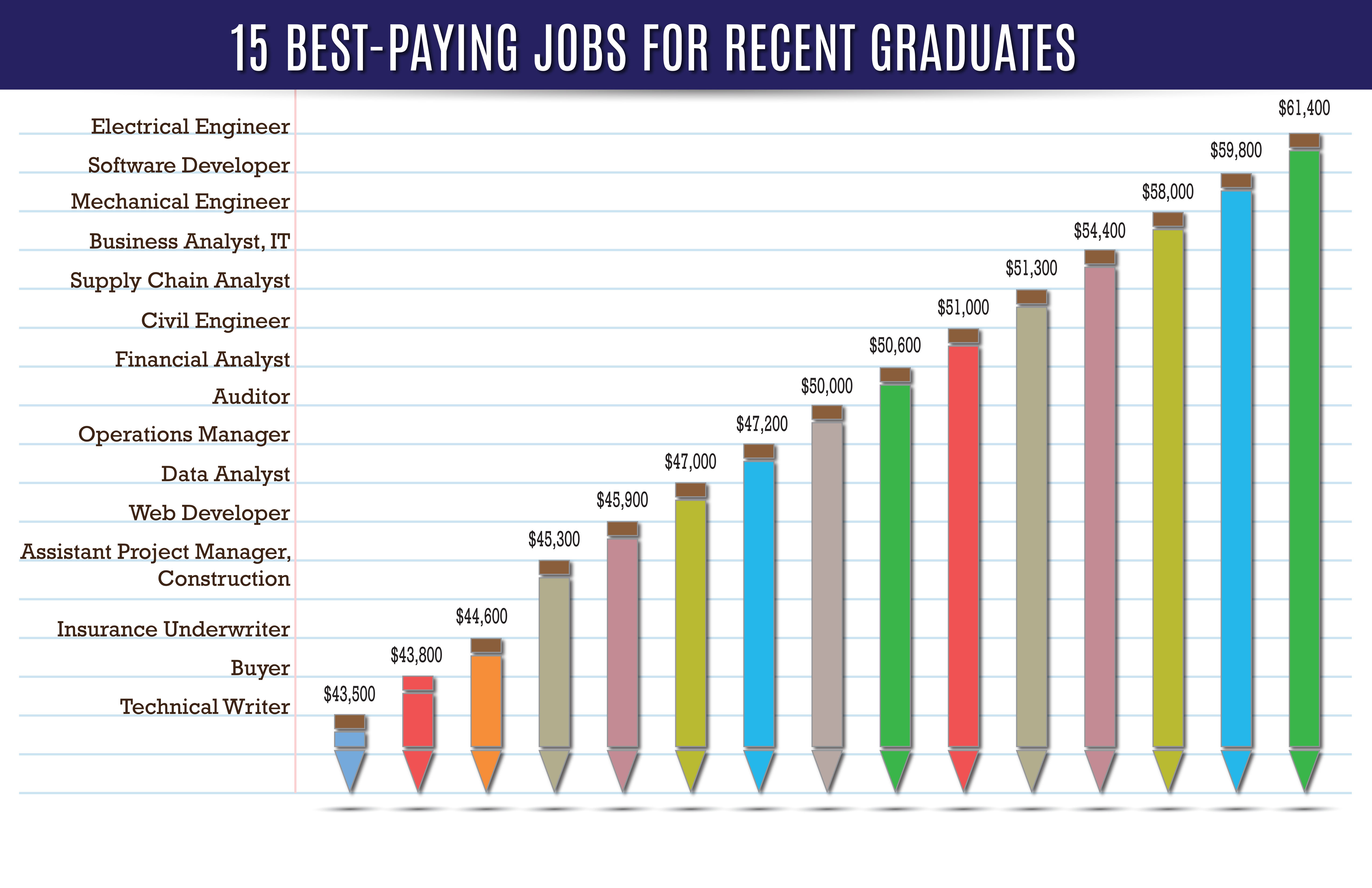Germany, known for its robust economy and innovative industries, offers a plethora of career opportunities that not only promise job security but also lucrative salaries. For job seekers and professionals alike, understanding the landscape of high-paying positions can be the key to making informed career choices. With its thriving sectors such as engineering, information technology, healthcare, and finance, Germany stands out as a destination for those looking to maximize their earning potential. This article delves deep into the highest paying jobs in Germany, providing insights into the qualifications and skills required for these coveted positions.
In recent years, the German job market has seen a significant evolution, shaped by technological advancements, demographic changes, and globalization. As companies adapt to these shifts, the demand for specialized professionals has surged, leading to a competitive salary structure. This guide will not only highlight the highest paying jobs but also offer practical advice on how to pursue these roles effectively.
Whether you are a recent graduate, a seasoned professional, or someone considering a career change, understanding the highest paying jobs in Germany can empower you to navigate your career path strategically. From the necessary educational qualifications to the skills in demand, our comprehensive overview aims to equip you with all the essential information needed to excel in the German job market.
What Are the Highest Paying Jobs in Germany?
Germany's job market is diverse, with numerous sectors offering well-paying positions. Some of the highest paying jobs include:
- Medical Professionals (Doctors and Surgeons)
- IT Managers and Software Developers
- Engineering Managers
- Financial Managers and Analysts
- Legal Professionals (Lawyers)
- Pharmacists
- Data Scientists
- Marketing and Sales Managers
What Qualifications Are Needed for High-Paying Jobs?
To secure one of the highest paying jobs in Germany, candidates typically need a combination of education, experience, and skills. Here are some common qualifications required:
- Advanced degrees (Master's or Doctorate) in relevant fields
- Professional certifications (e.g., PMP, CFA, etc.)
- Extensive work experience in the industry
- Strong technical and soft skills
- Fluency in German and/or English
How Do Salaries Compare Across Different Industries?
The salaries for high-paying jobs in Germany can vary significantly depending on the industry. For instance:
- Healthcare: Doctors and surgeons can earn between €80,000 and €250,000 annually.
- Information Technology: IT managers and software developers have salaries ranging from €70,000 to €120,000.
- Engineering: Engineering managers can earn between €70,000 and €130,000.
- Finance: Financial analysts and managers can expect salaries from €60,000 to €120,000.
What Are the Top Companies Hiring for High-Paying Jobs?
Several companies in Germany are known for offering competitive salaries for high-paying jobs. Some of these companies include:
- Siemens AG
- BMW AG
- Daimler AG
- Allianz SE
- BASF SE
- SAP SE
- Volkswagen AG
What Skills Are in Demand for High-Paying Jobs?
In addition to formal qualifications, certain skills are highly sought after by employers in Germany. These include:
- Advanced analytical and problem-solving skills
- Technical expertise in specific software or technologies
- Strong communication and interpersonal skills
- Project management capabilities
- Leadership and team management skills
What Benefits Accompany High-Paying Jobs in Germany?
High-paying jobs in Germany often come with a range of attractive benefits, including:
- Comprehensive health insurance
- Generous retirement plans
- Flexible working hours and remote work options
- Paid vacation and parental leave
- Professional development opportunities
How to Prepare for a High-Paying Job in Germany?
Preparing for a high-paying job in Germany involves several strategic steps:
- Invest in education and continuous learning.
- Network with professionals in your desired industry.
- Gain relevant work experience through internships or part-time jobs.
- Customize your resume and cover letter for each application.
- Prepare well for interviews by researching the company and practicing common questions.
What Are the Future Trends for High-Paying Jobs in Germany?
As industries evolve, certain trends are emerging that may influence the landscape of high-paying jobs in Germany:
- Increased demand for digital skills and IT expertise due to technological advancements.
- Growth in the healthcare sector driven by an aging population.
- Expansion of renewable energy and sustainability-focused jobs.
- Continued need for skilled professionals in engineering and manufacturing.
Final Thoughts on Highest Paying Jobs in Germany
In conclusion, understanding the highest paying jobs in Germany is crucial for anyone looking to build a successful career in this vibrant economy. By focusing on the necessary qualifications, skills, and industry trends, job seekers can position themselves effectively to tap into the wealth of opportunities available. With the right preparation and determination, you can secure a rewarding and high-paying job in Germany that not only meets your financial goals but also offers personal and professional fulfillment.
You Might Also Like
Exploring The Mystique Of Moon Sight In Saudi ArabiaWhen The Ethernet Cable Gets Stuck In Your Laptop: Troubleshooting Guide
Understanding The UPS Preloader Job Description: What You Need To Know
Understanding The Mindset Of Entitled Customers
Exploring The Journey From Herndon, VA To Richmond, VA
Article Recommendations


